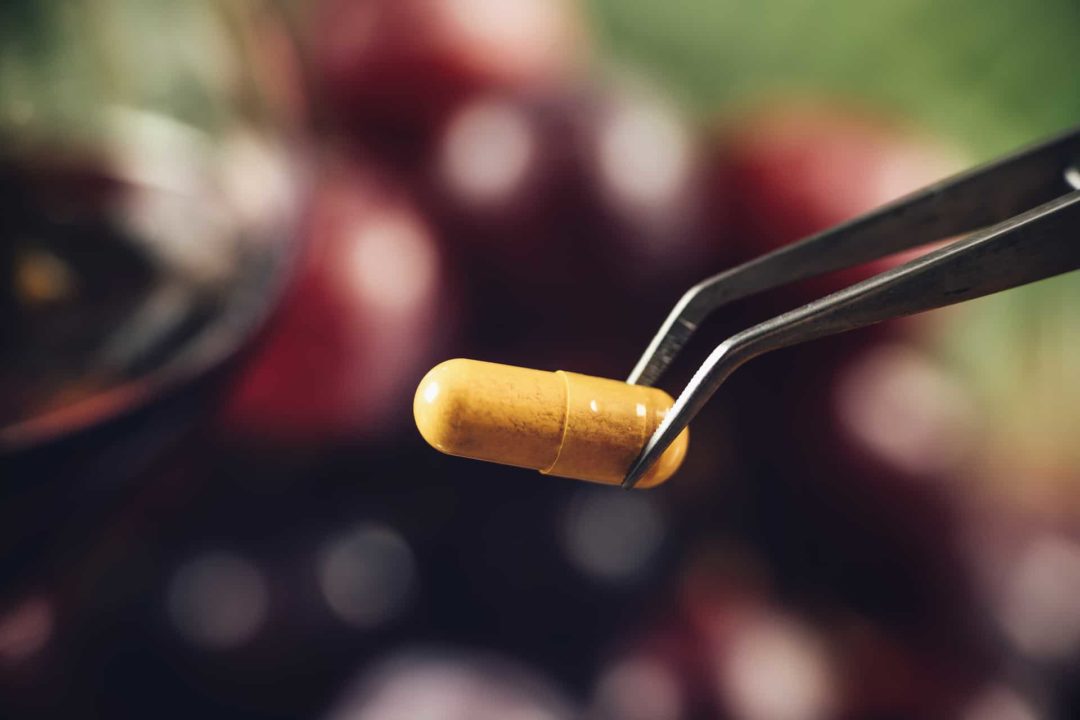The company noticed declining sales on Amazon, and found that the top-selling brands on the site were offering prices that averaged 70% below NOW’s prices. Having testedCoQ10 products, acetyl-l-canitine products, and SAMe supplementssold on Amazon and found “alarming” quality and labeling problems, NOW wondered if the products were too good to be true, and decided to test the products, the press release explains.
The first tip-off: Standard potency for PS is 100mg; many of the Amazon-exclusive brands sold potencies as high as 400mg or 500mg. NOW started out by reading label information, and found that many products were deceptively labeled; brands would label their product “Phosphatidylserine Complex 500mg”—the word “complex” indicating that the amount of PS in the product would only be 20% of that number. Others would label it “Phosphatidylserine 500mg (standardized to 20%)”—again, misleading consumers into believing that they are getting a much higher amount of PS than they actually are. The press release notes that the higher numbers were reported on the front label panel and Amazon’s keyword panel; the fact that there is only 100mg PS in these products was only reported on the side panel. NOW explains that the correct labeling would be “Phosphatidyl Serine 100mg (from 500mg Sunflower/Soy Lecithin Complex),” or even simply “Phosphatidyl Serine…100mg.”
NOW then purchased a total of 43 samples from Amazon, generally three bottles of each brand, and tested them. Three of the samples were NOW brand, and tests showed that they had 100-108% of label claims. Of the remaining samples, two passed potency; two samples showed 2.5 times the label potency claim, and NOW suspects that the products were spiked with added Serine in order to fool testing; and 36 samples failed. 17 of the failures contained less than 10% of the labeled value. 11 contained less than 2% of the claimed value.
Related: NOW Publishes Test Method for Arsenic in Krill Oil CoQ10 Association Announces CoQ10 Retail Testing Program Seasonal Wellness Tips from DJ Blatner, R.D.
“That’s a shockingly poor failure rate, but not really a surprise based upon our previous experience testing supplements sold on Amazon,” said Dan Richard, VP of Global Sales and Marketing, in the press release. “Amazon has to find a way to raise the bar on products they sell, especially today with people buying more supplements from Amazon in order to stay healthy.”According to a chart provided by NOW, two products sold as Dr. MaxWell brand actually contained no PS at all. Two products showed 82% and 83% of label claim; the next highest percentage was a product from Havasu Nutrition, with 59% of the label claim, and the rest tested at under 50% of label claim. And there was little consistency across brands: One product from Mental Refreshment tested at 82% of label claim, whereas another from the same brand tested at 28% of label claim.
Some of the products were tested in NOW’s labs; some were tested by Eurofins, a third-party laboratory.
Over the past year, Scott Steinford, Founder of Trust Transparency Center, has written the Tracking Transparency column forWholeFoodsMagazine for over a year now, reporting on some of Amazon’s failures to provide safe, properly labeled products. He has provided alist of opportunities for natural retailersto reassure their customers that they take product quality seriously. His column can be foundhere.










